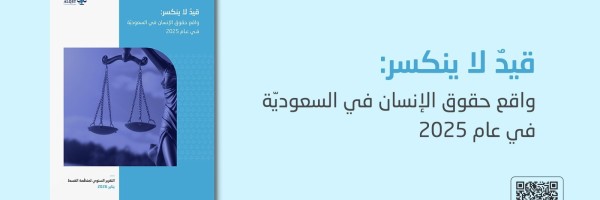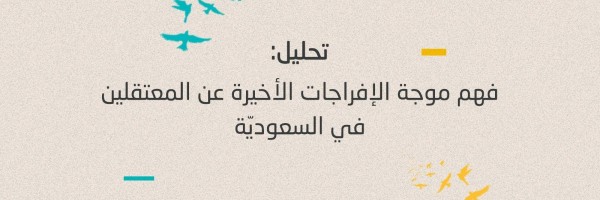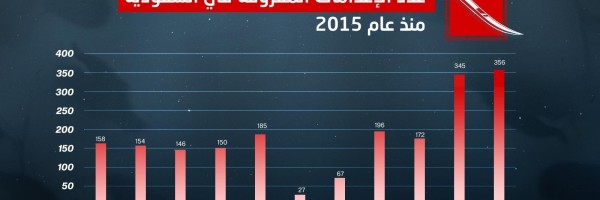The death on 8 May 2021 of detainee Zaheer Ali Shareeda al-Mohammed Ali highlights the Saudi authorities’ gross negligence with regard to prisoners, and calls for an investigation into the circumstances leading to his death.
Zaheer Ali, detained since 2017 for his writings, died in al-Ha’ir prison near Riyadh after contracting COVID-19 amid an outbreak in prison earlier this year, during which he and others were held in the same ward as prisoners infected with the virus. Other prisoners of conscience including human rights defender Mohammed al-Qahtani also became infected.
In a further act of medical negligence, Zaheer Ali and other prisoners were given the COVID-19 vaccine despite displaying symptoms of the virus, contrary to standard medical guidelines. Following a decline in Zaheer Ali’s health he was transferred to hospital, where he stayed for over a month until his death. His family were not given any news about his illness, and had been denied any visits or communication with him since February. They received his body the day after his death.
Earlier, in March 2021, Zaheer Ali and more than 30 other prisoners of conscience in al-Ha’ir prison had staged a hunger strike in protest against harassment that included being held in the same ward as psychiatric detainees and denied family contact and access to books and newspapers. He and 13 other prisoners also signed a letter announcing their intention to go on hunger strike at the end of Ramadan, in May, in protest against their prison sentences; they did not in fact do so due to the COVID-19 outbreak in prison.
Zaheer Ali’s death highlights the harassment, including gross medical negligence and the denial of family contact, to which the majority of prisoners of conscience are subjected in Saudi prisons. Medical neglect led to the death in custody in April 2020, at the age of 69, of pioneering human rights activist Abdullah al-Hamid, who died following repeated and deliberate denial of medical treatment by the Saudi authorities.
Another detainee, journalist Saleh al-Shehi, died on 19 July 2020, just two months after being unexpectedly released from prison. The Saudi authorities have said that he died from COVID-19; however the circumstances of his death, like the circumstances of his release, remain highly ambiguous.
The COVID-19 pandemic has highlighted the vulnerability of detainees in Saudi prisons, where overcrowding and insanitary conditions put the health and safety of inmates at serious risk. Yet the authorities have failed to take clear measures in mitigation, such as reducing overcrowding by releasing the most vulnerable prisoners and those posing no danger to the public, including prisoners of conscience.
ALQST calls on the Saudi authorities to open an investigation into the circumstances that led to Zaheer Ali Shareeda al-Mohammed Ali’s death, and to ensure that independent inquiries take place into all deaths in detention. Furthermore, they must uphold the right of all prisoners and detainees to adequate and timely healthcare. ALQST also once again urges the Saudi authorities to immediately and unconditionally release all prisoners of conscience.




